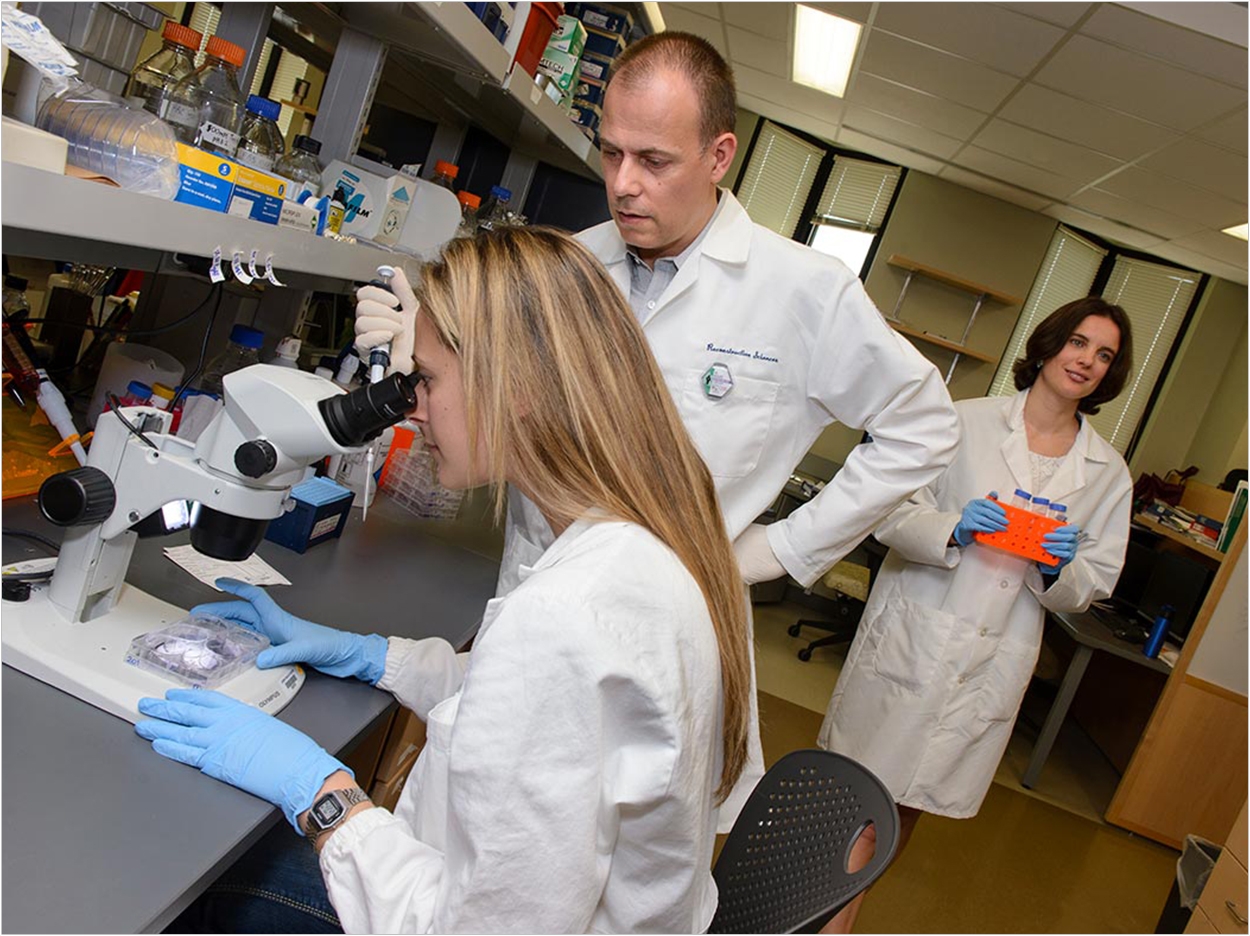
Researchers at the University of Connecticut School of Dental Medicine are developing treatments for osteogenesis imperfecta (OI), a group of genetic disorders that mainly affect bone. Patients with OI have bones that break easily, sometimes with no apparent cause.
“This is a basic research study with potential for future translation into practice,” said Ivo Kalajzic, MD, PhD, lead investigator and associate professor of reconstructive sciences at the University of Connecticut Center for Regenerative Medicine and Skeletal Development.
OI commonly is caused by mutations associated with type 1 collagen or molecules involved in collagen processing, which results in a defective collagen bone matrix. Current treatments aim to help correct the bone matrix but fail to focus on the underlying collagen defect.
In their study, the researchers transplanted healthy donor bone marrow cells directly into the femurs of mice with OI. A month after transplantation, the researchers found that 18% of the surface injected with the donor cells expressed osteoblasts that indicated engraftment, or growth.
Long-term engraftment then was observed three to six months after transplantation. The researchers found that healthy donor cells that replace mutant collagen have the ability to help improve bone strength and structure.
The study proved that healthy donor stem cells that produce normal collagen in OI patients has the potential to increase bone mass and correct the mutant collagen matrix. The findings unlock the potential for new therapies to help correct the adverse effects of OI.
The study, “Engraftment of Skeletal Progenitor Cells by Bone Directed Transplantation Improves Osteogenesis Imperfecta Murine Bone Phenotype,” was published by Stem Cells.
Related Articles
Without Transcription Factor Sp7, Teeth Don’t Develop
Protein Flaw Leads to Amelogenesis Imperfecta
Study to Explore Gene’s Role in Dentinogenesis Imperfecta



